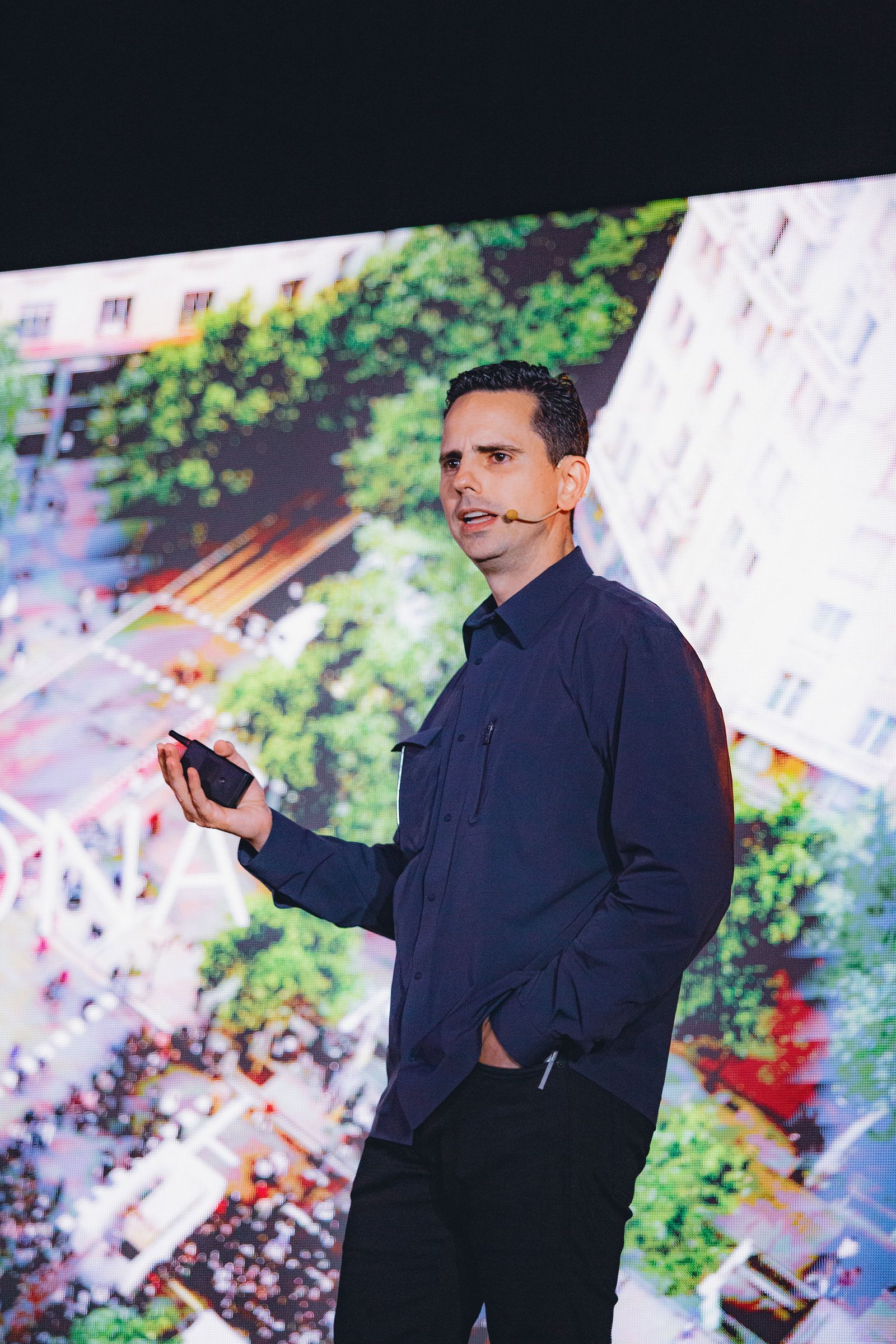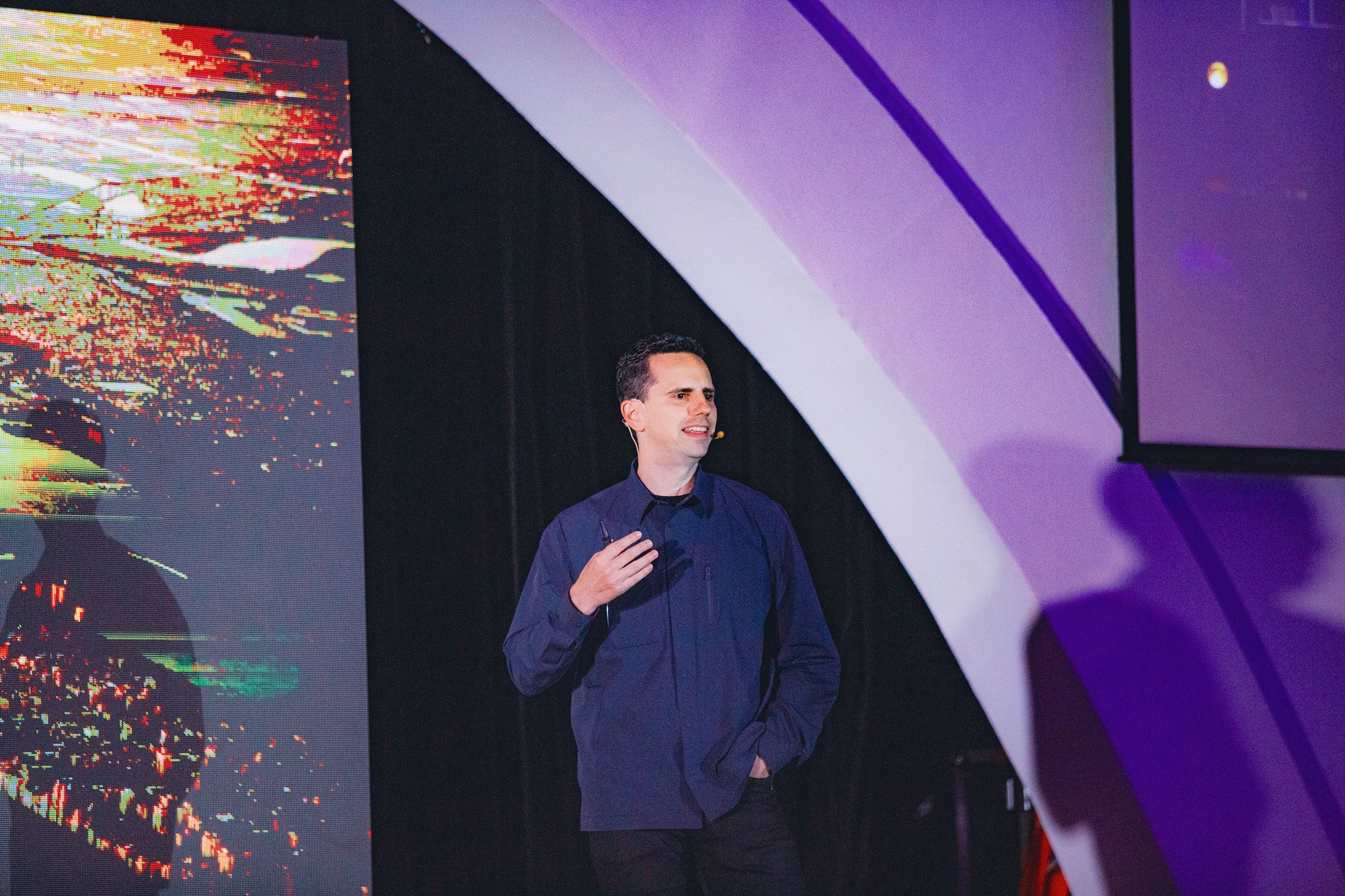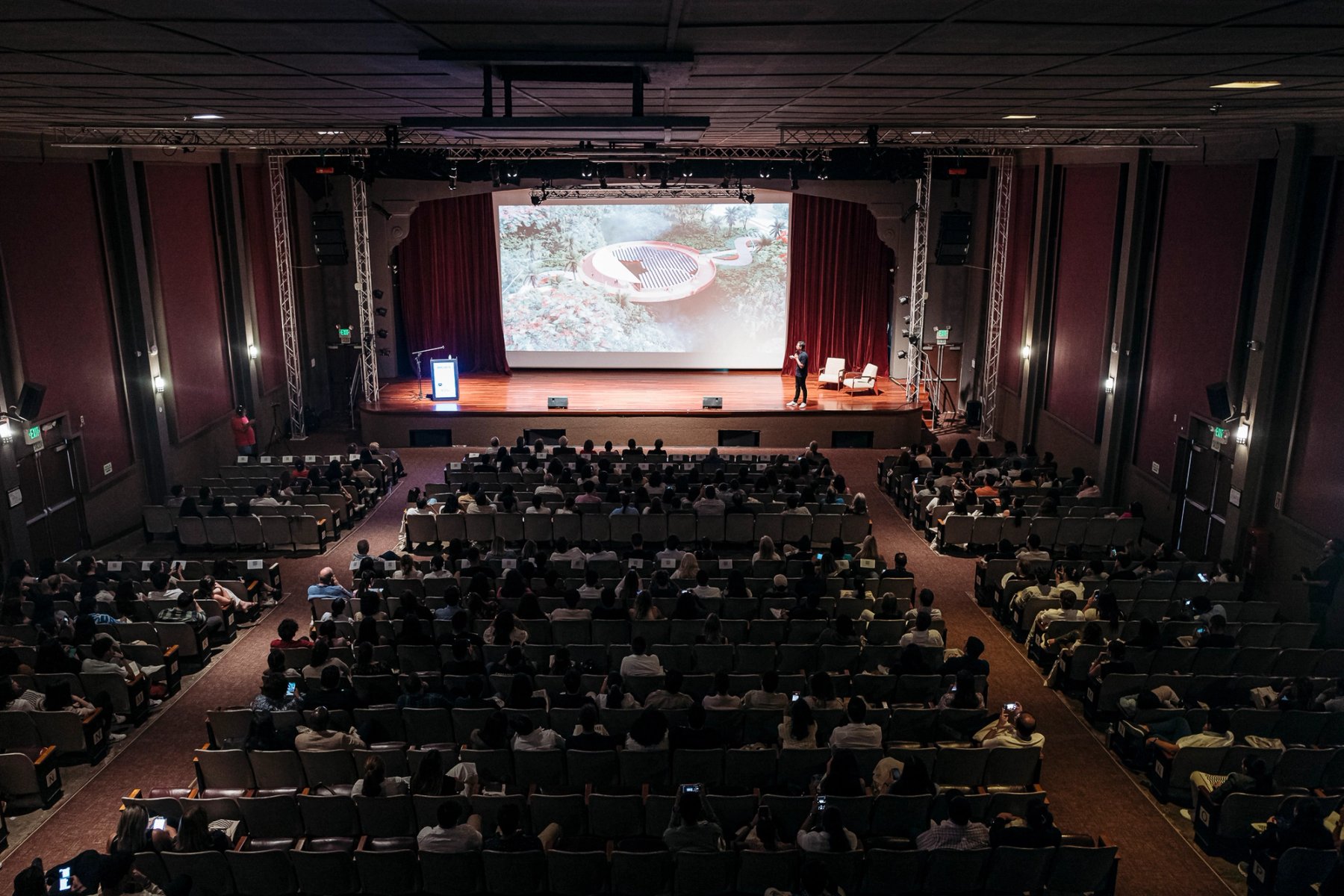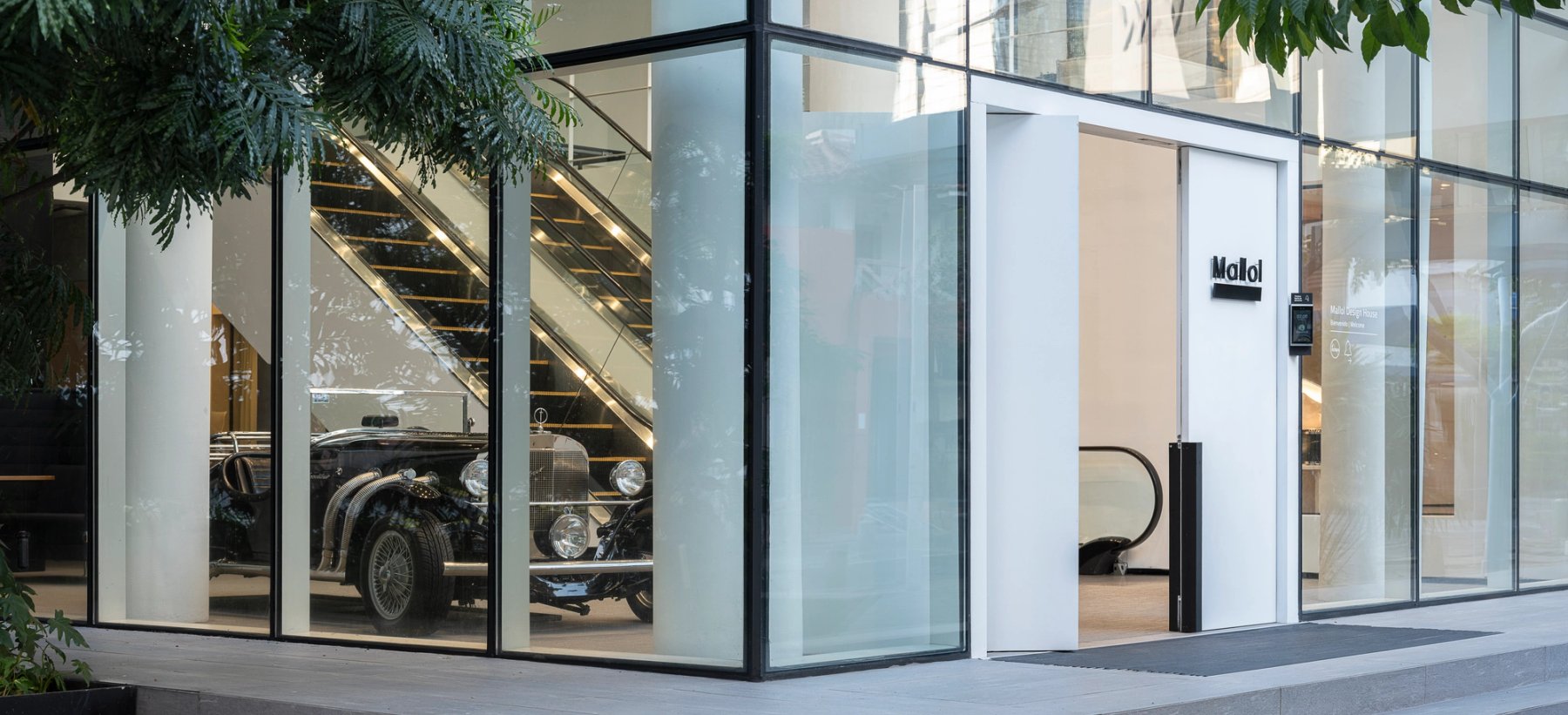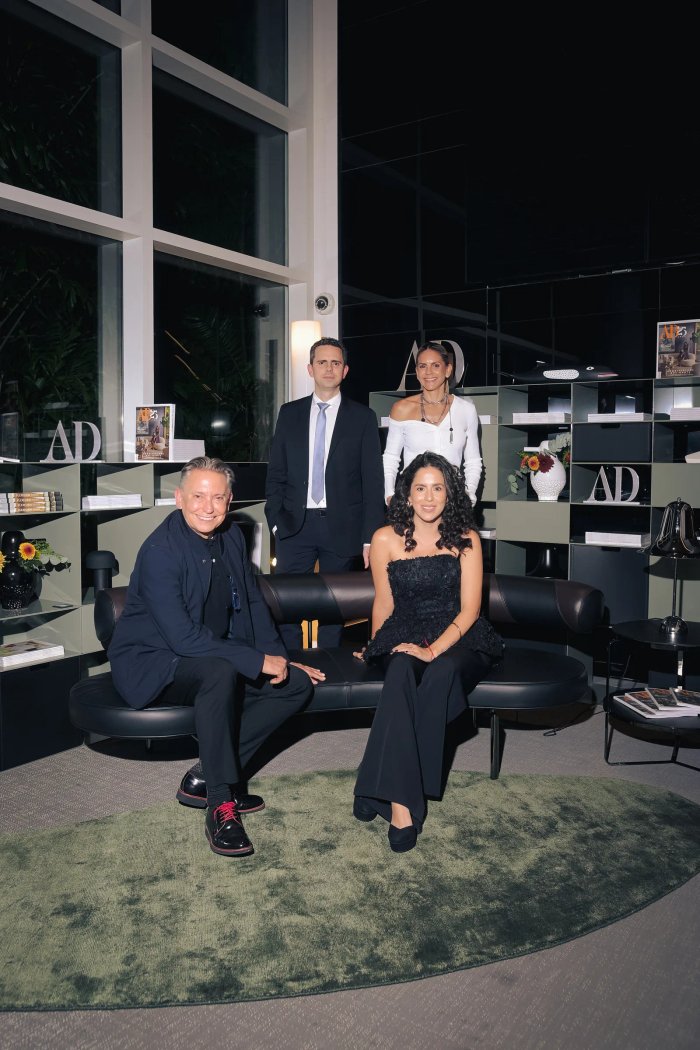In contemporary urbanism, density, sustainability, and community life are no longer isolated challenges, they are interconnected forces shaping the future of our cities. This was the central premise of “The New Urban Playbook”, the keynote speech delivered by Ignacio Mallol A. during the Penta Summit, where he shared a renewed framework for the evolution of urban design.
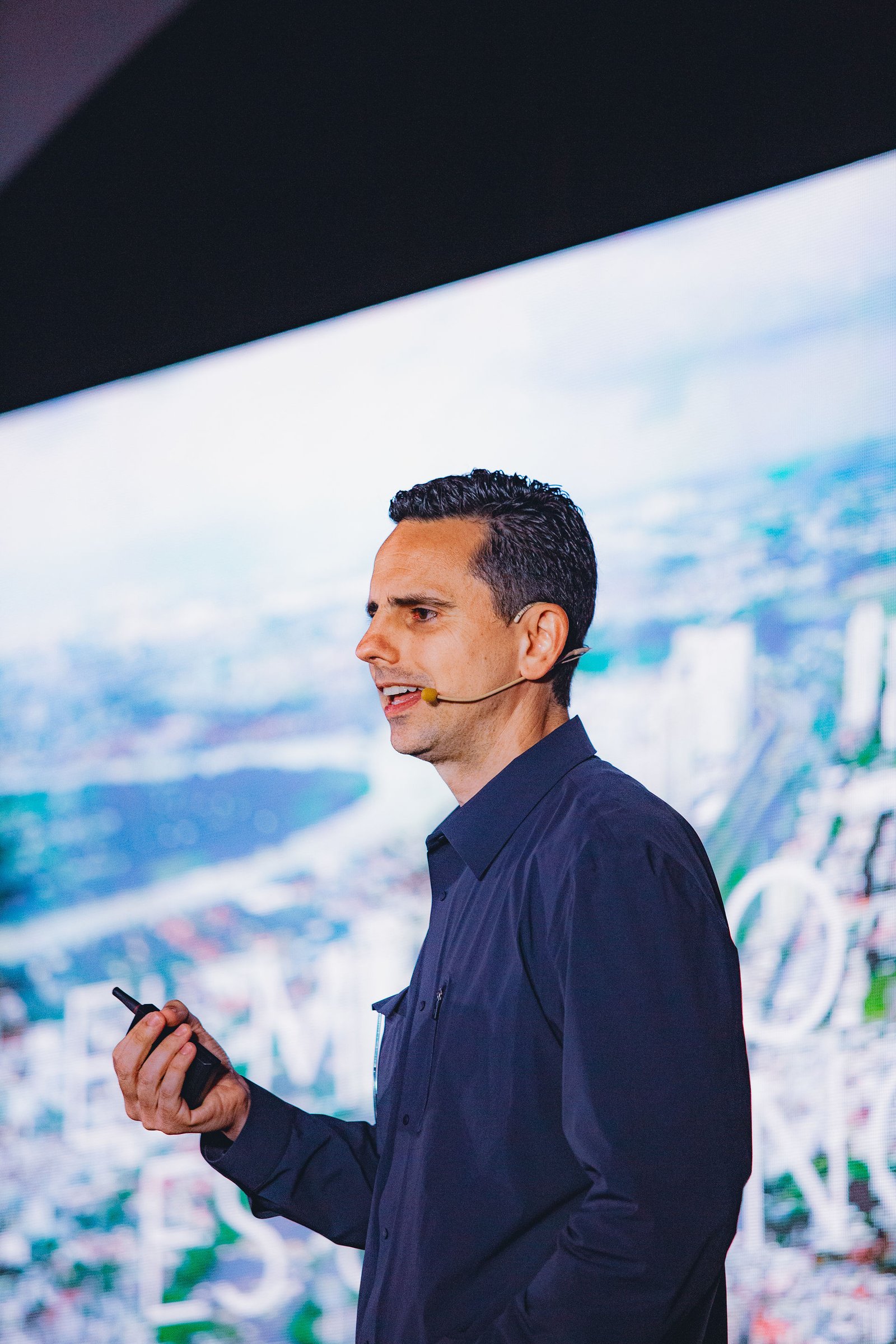
Ignacio emphasized that the periphery is no longer the limit of the city but the laboratory where new models of urban life can be tested. It is in these edges, once considered marginal, where experimentation with density, sustainability, and inclusion can give rise to innovative approaches for healthier and more resilient communities.
"The periphery is no longer the limit of the city but the laboratory where new models of urban life can be tested."
The new urban framework proposes that density must be rethought not as congestion, but as opportunity: the possibility of creating vibrant, connected, and efficient cities. Sustainability, meanwhile, must be more than a technical solution, it must be a cultural value that integrates architecture, mobility, biodiversity, and energy use. And community should be placed at the heart of every design decision, fostering inclusion, social cohesion, and a sense of belonging.
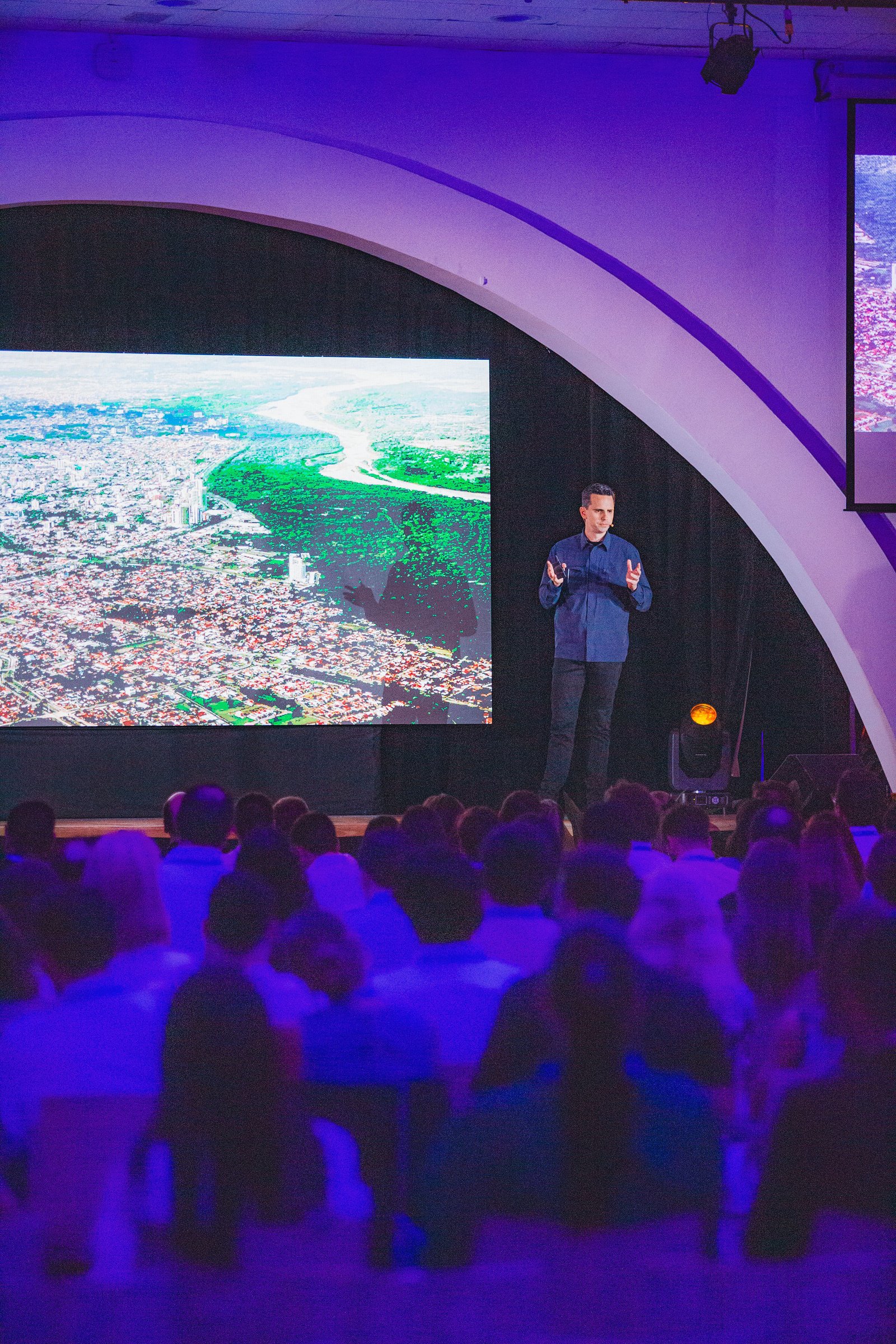
At Mallol, we believe that urban design must transcend traditional architecture to become a driver of innovation, sustainability, and human connection. Each project, whether in the historic center or in the expanding peripheries, is an opportunity to rethink how we live together and how we build the future of our cities.
The New Urban Playbook is not a static document but an invitation to rethink the way we design cities, more human, more sustainable, more intelligent. For us as architects, it is a reminder that every space and every decision has the potential to transform communities and to turn the city into a more inclusive and forward-looking place.
